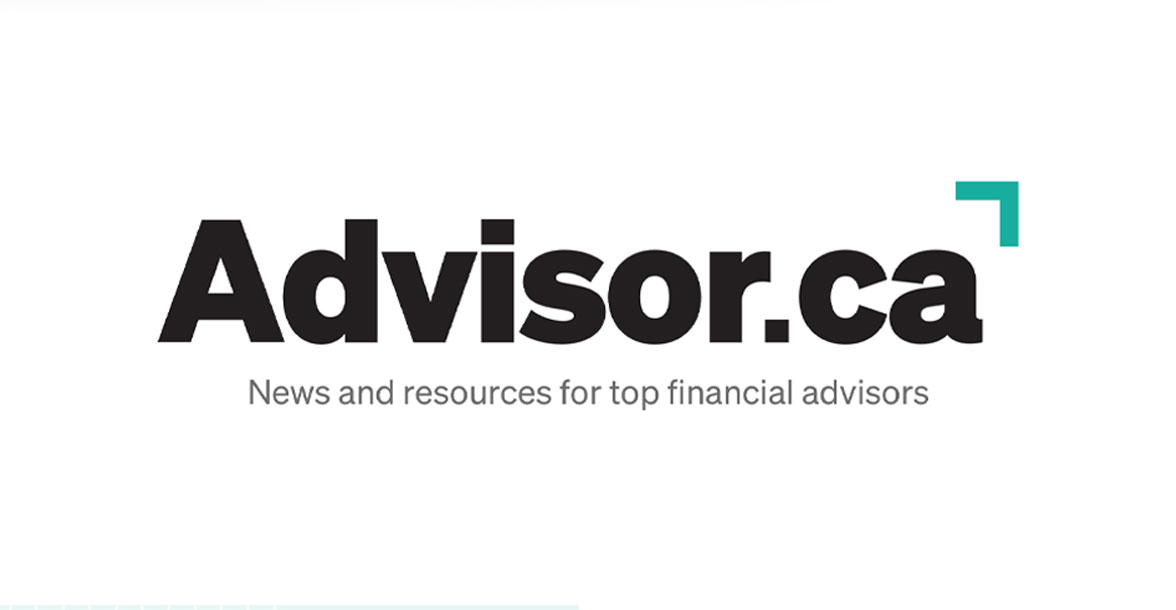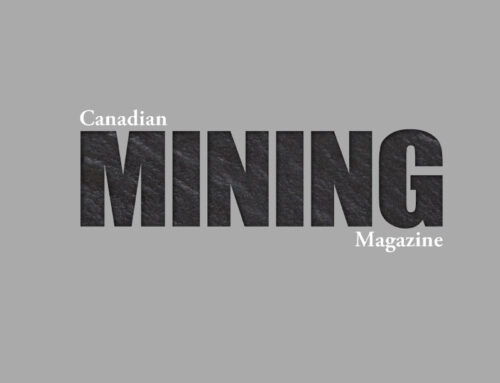The Covid-19 pandemic and collapsing oil prices have sent financial markets into a free-fall. A crisis of this nature shows financial advisors are more critical than ever, says Andrea Lekushoff, president of Toronto-based Broad Reach Communications — and it also requires a strong communications plan.
“This is a difficult time for everyone, and everyone reacts so differently,” Lekushoff says. “It is important to be proactive and reach out. Let your clients know you are here for them.”
The downturn has sparked anxiety for many investors, including younger clients who have been riding the bull market for years. Lekushoff recommends the following approach to communicating with clients as the Covid-19 crisis unfolds.
Reach out and check in
Call your clients. Don’t email them and don’t avoid their calls. According to Lekushoff, a personal touch is extremely important.
“The markets are certainly in turmoil right now, but this is a time to show your clients that you are here, and you care,” says Lekushoff.
Ask your clients how they are doing, both personally and professionally.
“Ask about their families, their neighbours, their colleagues, and their companies,” she says. “There are so many people coming together, it’s no longer about how they are, it’s about how this has impacted their community.”
Be honest — and listen
Be upfront with clients about their portfolios, says Lekushoff.
“Don’t sugar-coat that the market has lost value,” she says. “Let them know that at some point things may stabilize, but they may fall again. The more they hear from their advisor up front, the sooner they can start to deal with the realities of the situation.”
And be ready to hear them out. Your clients will likely have a lot of questions and it is important to answer them to the best of your ability.
Shock will shift into worry about a wide range of issues. Clients might be concerned about being laid off or about future income. If they are entrepreneurs, they may be worried about losing contracts or laying off employees. Or they may be worried about their health if working from home is not an option.
“The more you understand your clients’ concerns, the more you can help advise them on their portfolios,” says Lekushoff.
Respect clients’ comfort levels
It is important to prepare for unpleasant conversations. Many clients’ portfolios have significantly decreased in value, and some may blame their advisor. Respect that some of your clients may not want to speak with you right away. There are various stages in accepting a situation such as this, and if and when a client wants to reach out, they will.
“Don’t take it personally,” says Lekushoff.
Follow up
“This is a chance to really reinforce that you care,” says Lekushoff.
Take notes and ask follow-up questions every time you speak with a client. Show them that you acknowledge their concerns and that you care. Most importantly, let your clients know that you are doing everything in your power to protect their wealth and investments.
“We’re all in this together,” says Lekushoff.
There are a number of Covid-19 action plans circulating from consulting firms, and Lekushoff recommends sharing them with your entrepreneurial clients.






